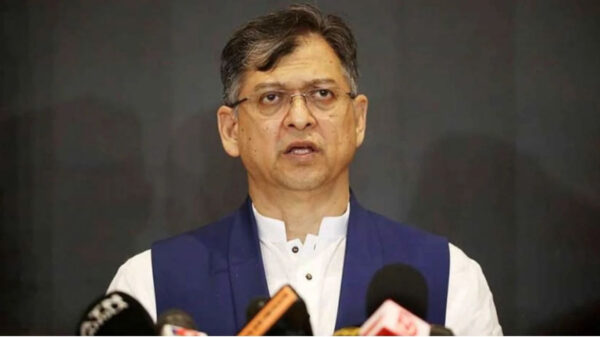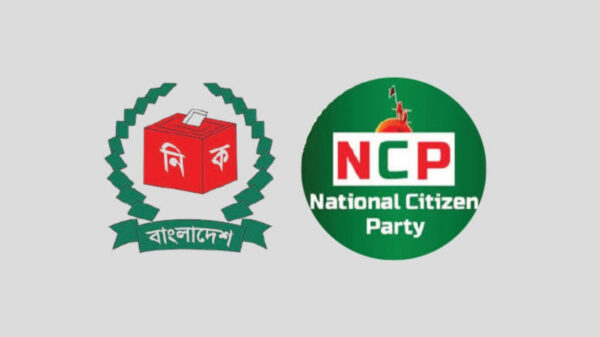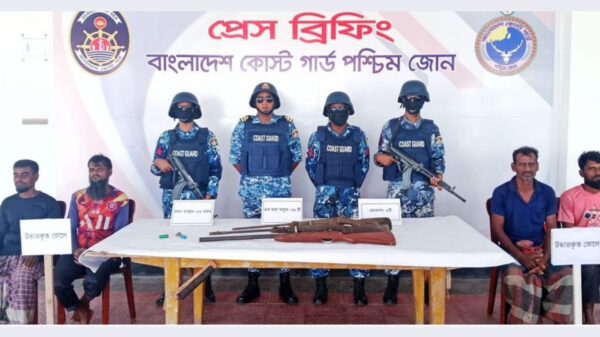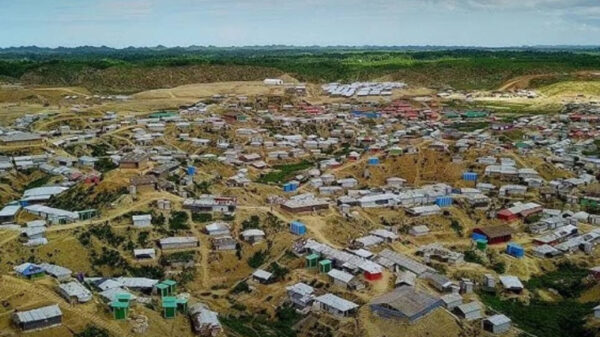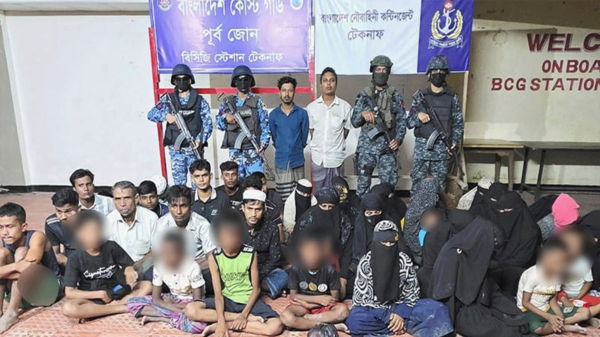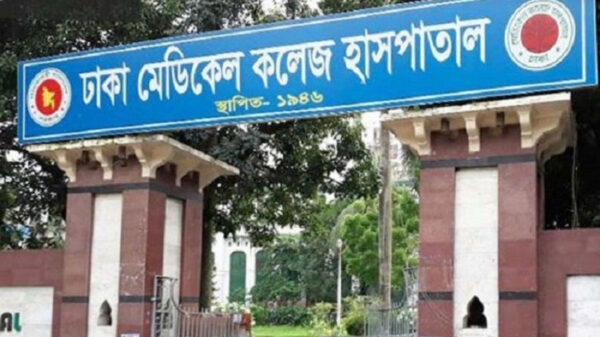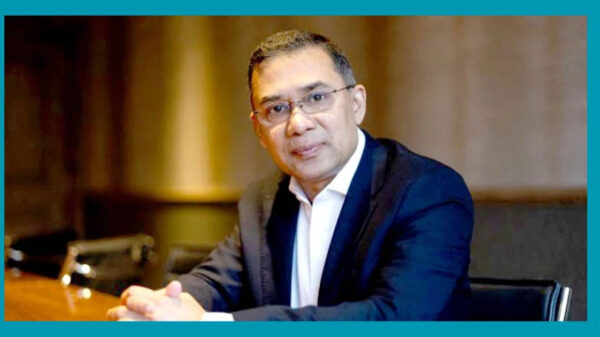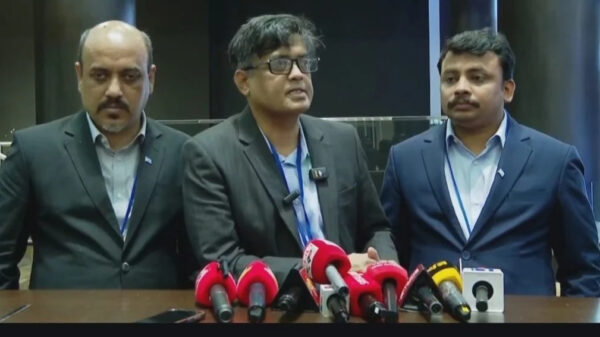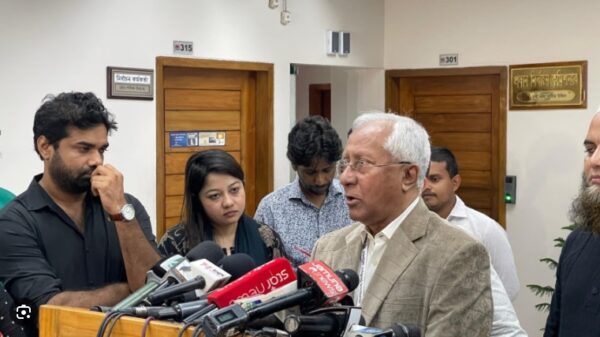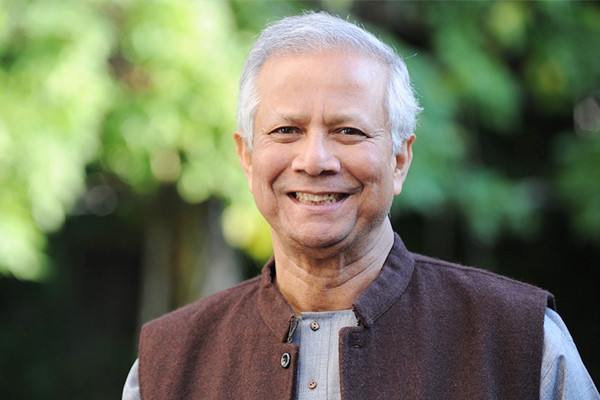Staff Reporter:
Chief Adviser Prof Muhammad Yunus is scheduled to leave Dhaka for New York early Monday to attend the 80th session of the United Nations General Assembly, where he is set to deliver his official statement and hold a series of high-level meetings on the sidelines.
He is going to the United States on a commercial flight.
BNP Secretary-General Mirza Fakhrul Islam Alamgir, BNP leader Humayun Kabir, Bangladesh Jamaat-e-Islami Nayeb-e-Ameer Syeed Abdullah Muhammad Taher and National Citizen Party (NCP) leader Akhter Hossen will be part of the Bangladesh delegation to the UNGA at the invitation of the chief adviser.
At the General Debate (23-27 and 29 September), the annual meeting of heads of state and government in the beginning of the General Assembly session, world leaders will make statements outlining their positions and priorities in the context of complex and interconnected global challenges, officials said.
On 30 September, the UN will, for the first time, host a high-level conference on the Situation of Rohingya Muslims and Other Minorities in Myanmar.
The chief adviser will deliver his speech at the UNGA on 26 September, said Foreign Affairs Adviser Md Touhid Hossain.
Prof Yunus, who is scheduled to reach New York on 22 September, will return home on 2 October.
Chief Adviser’s Deputy Press Secretary Abul Kalam Azad Majumder on Thursday said inclusion of the political leaders in Bangladesh’s delegation to the UNGA this year is a welcome step, as it provides an opportunity to showcase the national unity before the world, regardless of political differences.
“It also offers our leaders a chance to bridge gaps and build understanding while spending time together,” he said.
By including the political leaders in the official Bangladesh delegation, the chief adviser has once again demonstrated his wisdom and statesmanship, Azad said, adding, “Let us hope this visit proves to be as successful as anticipated.”
With an elected government expected to take office in February, this year’s UNGA comes at a critical moment, he said.
In a world unsettled by multiple conflicts, he thinks, the forum can serve as a valuable platform for Bangladesh’s political leadership to strengthen mutual understanding.
“The plenary session on the Rohingya crisis following the UNGA makes the physical presence of our leaders all the more crucial for ensuring policy continuity,” Azad said.
Besides, he said, meetings with NRBs and business leaders could provide valuable insights for the country’s governance in the near future.


